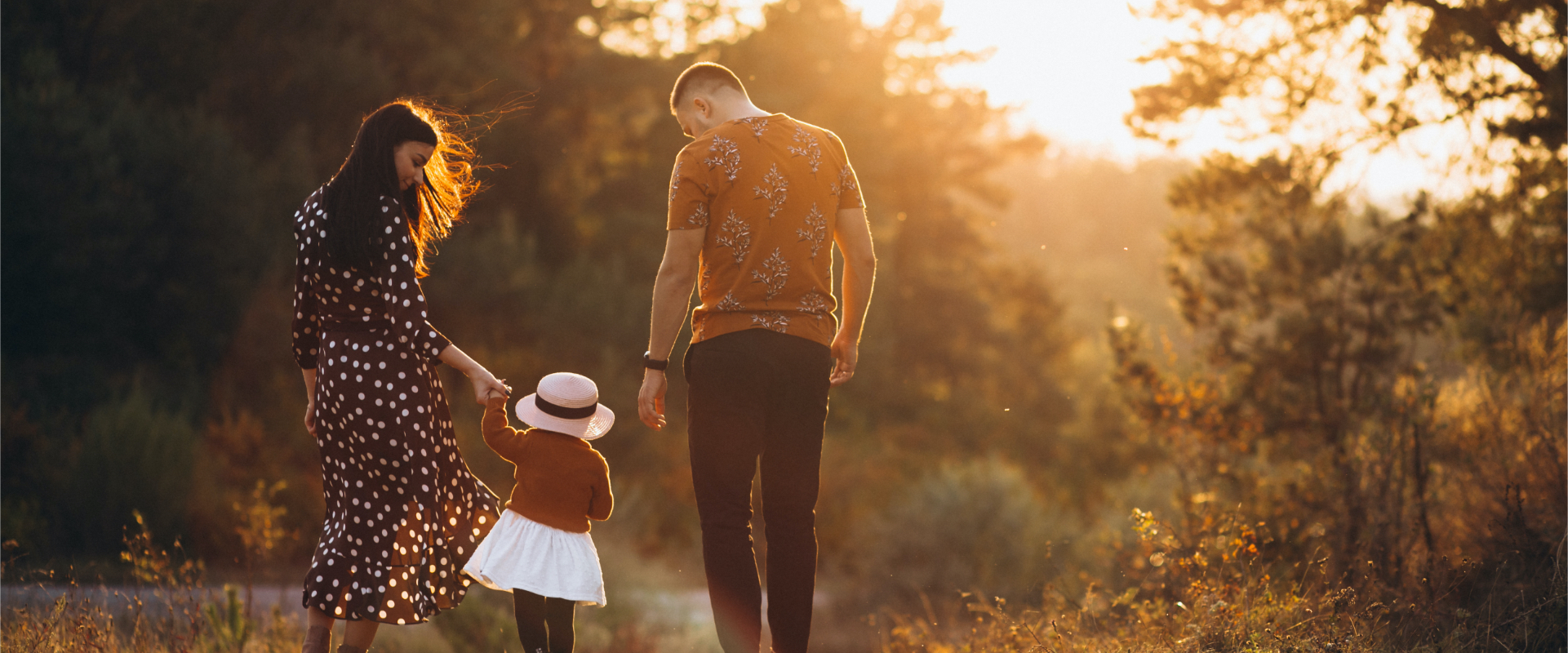Little Readers, Big Hopes for Afghan Children
Children across Afghanistan—especially in rural and marginalized communities—are growing up with limited access to books, reading spaces, and quality learning materials. Despite years of educational efforts, gaps in literacy, reading culture, and inclusive educational content remain severe. For many children, a single book can be the difference between exclusion and opportunity.
ACKU, Afghanistan’s leading knowledge and information center, is addressing this gap by producing locally written, age-appropriate books for children, youth, and adults. These publications use simple, accessible language and focus on themes essential for children’s growth and community resilience, including literacy, educational equality, tolerance, human rights, livelihoods, and social well-being.
Through this campaign, we aim to distribute 12,000 educational books to 90 ACKU/ABLE Box Libraries across 12 rural provinces. These libraries serve as vital community learning hubs for schools, youth groups, and local centers, yet many currently lack sufficient and up-to-date reading materials.
By supporting this initiative, donors help place books directly into the hands of children and communities who need them most—fostering literacy, hope, and brighter futures across Afghanistan.

